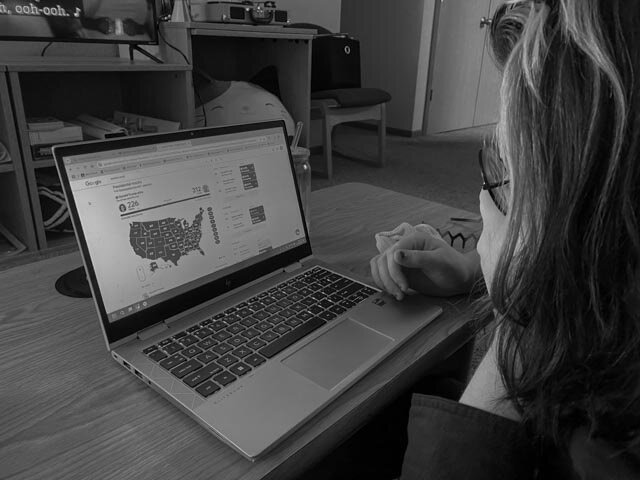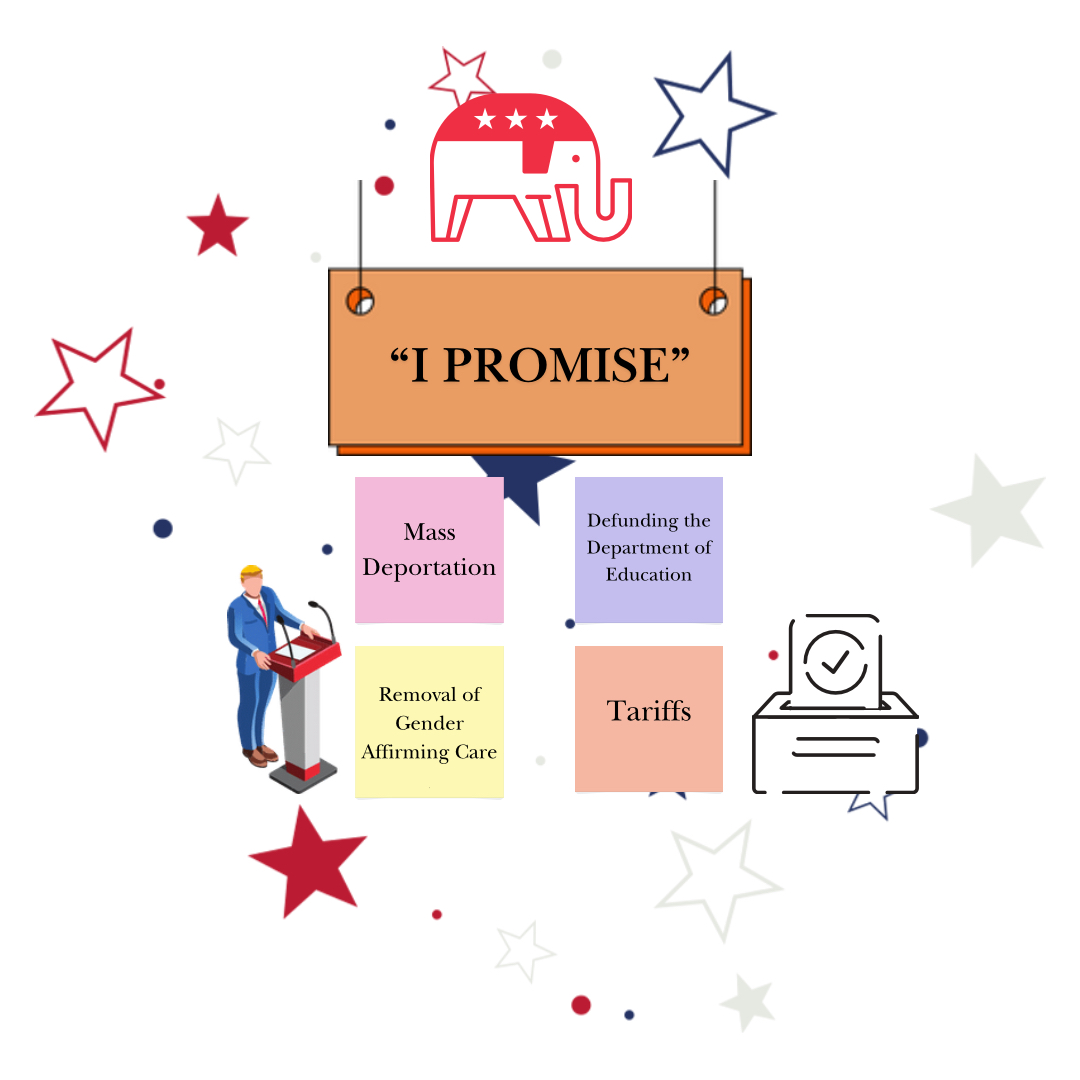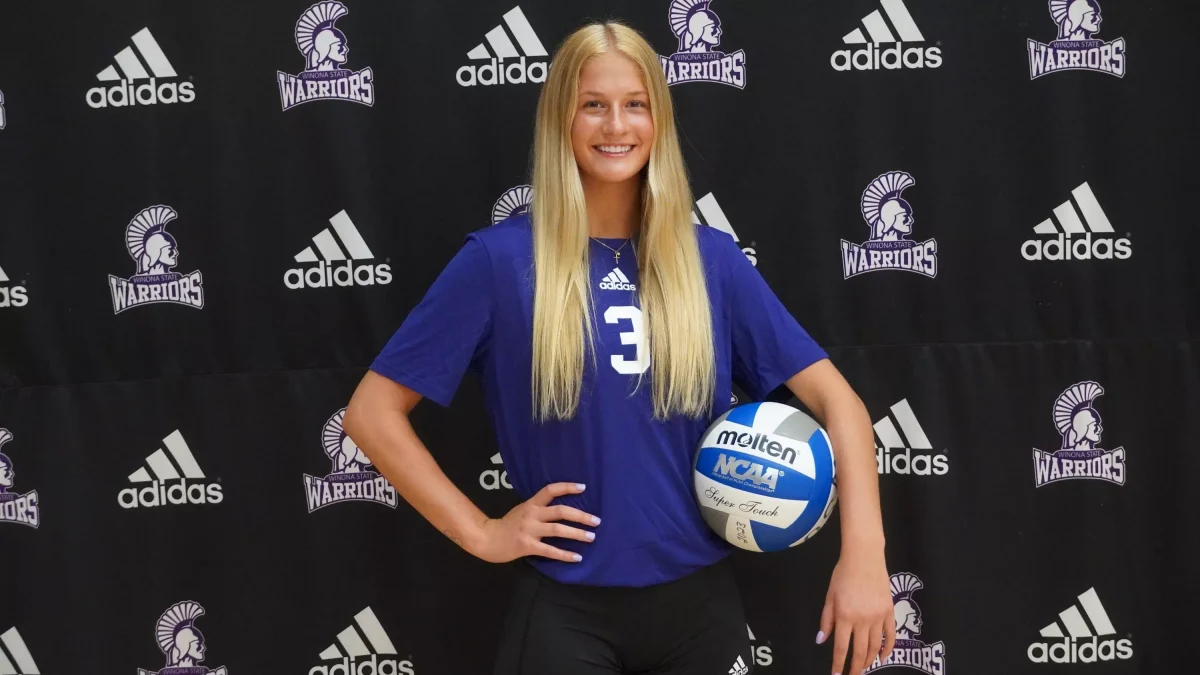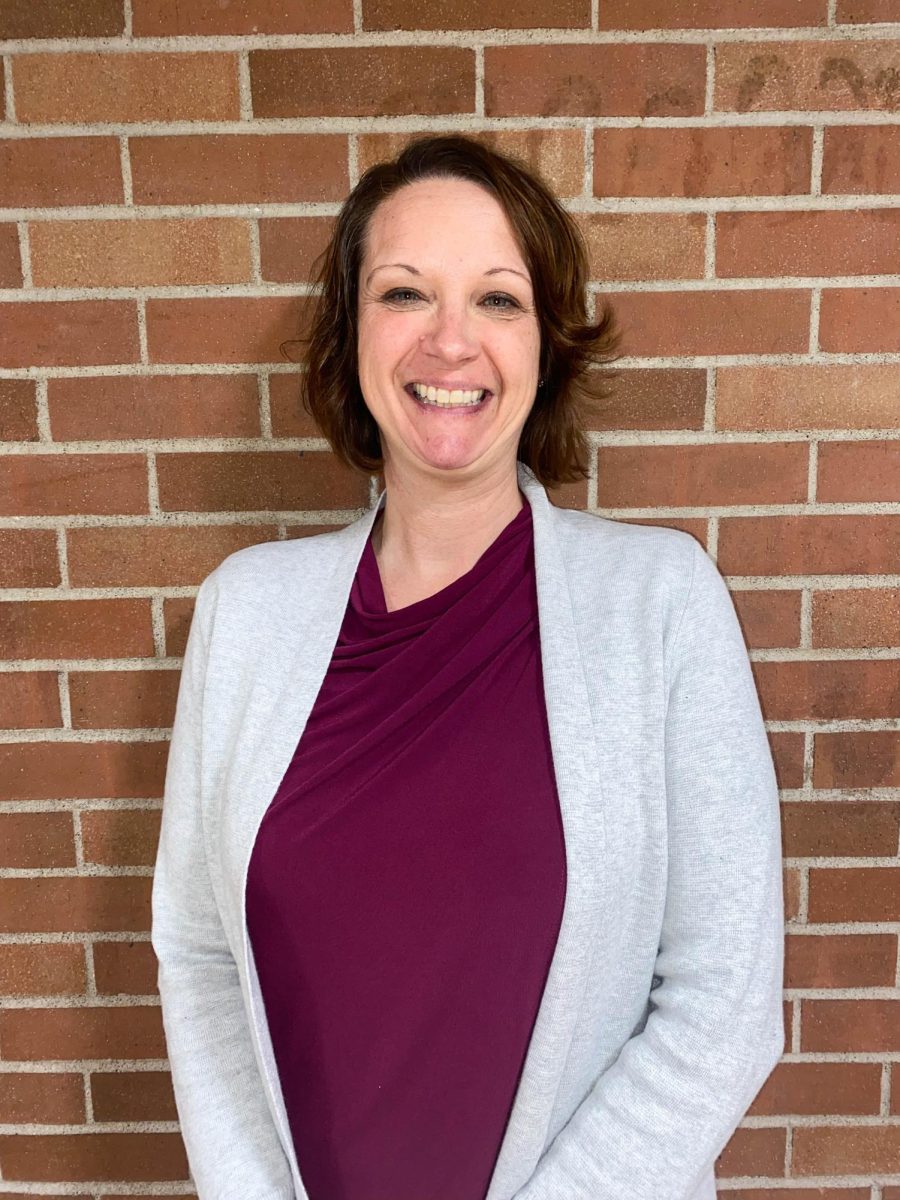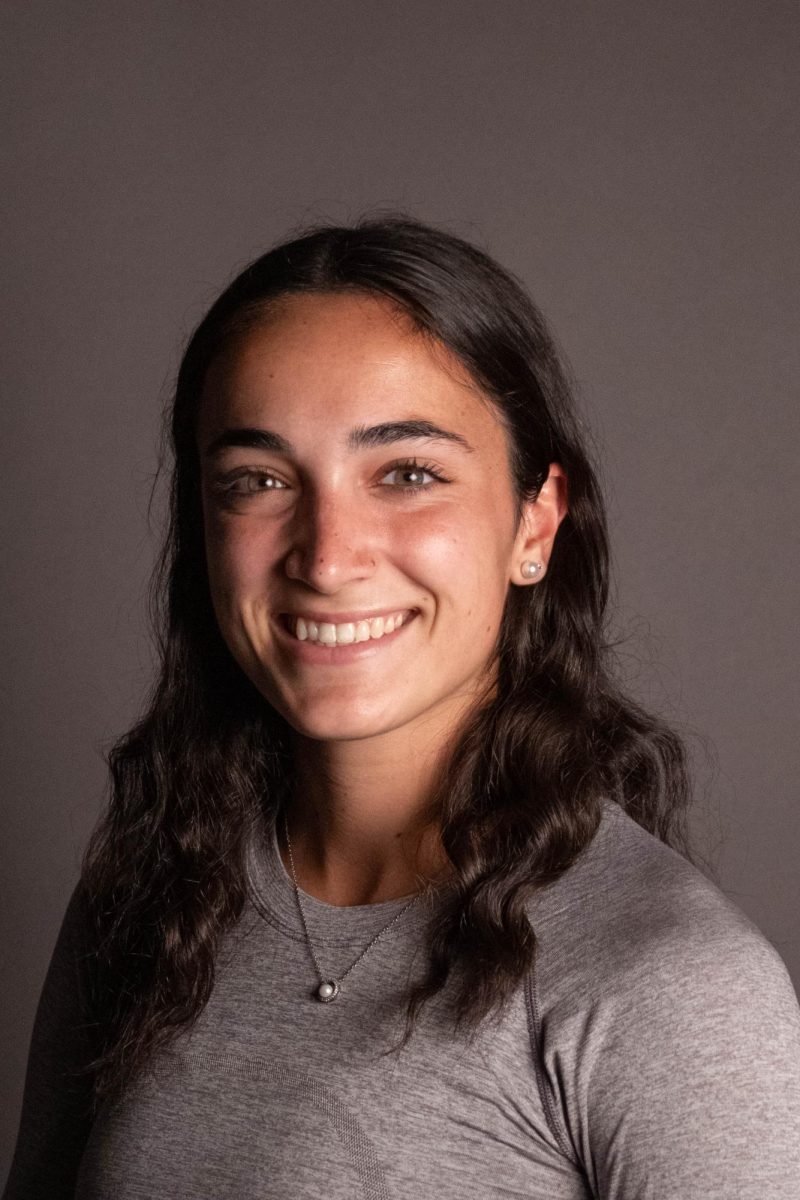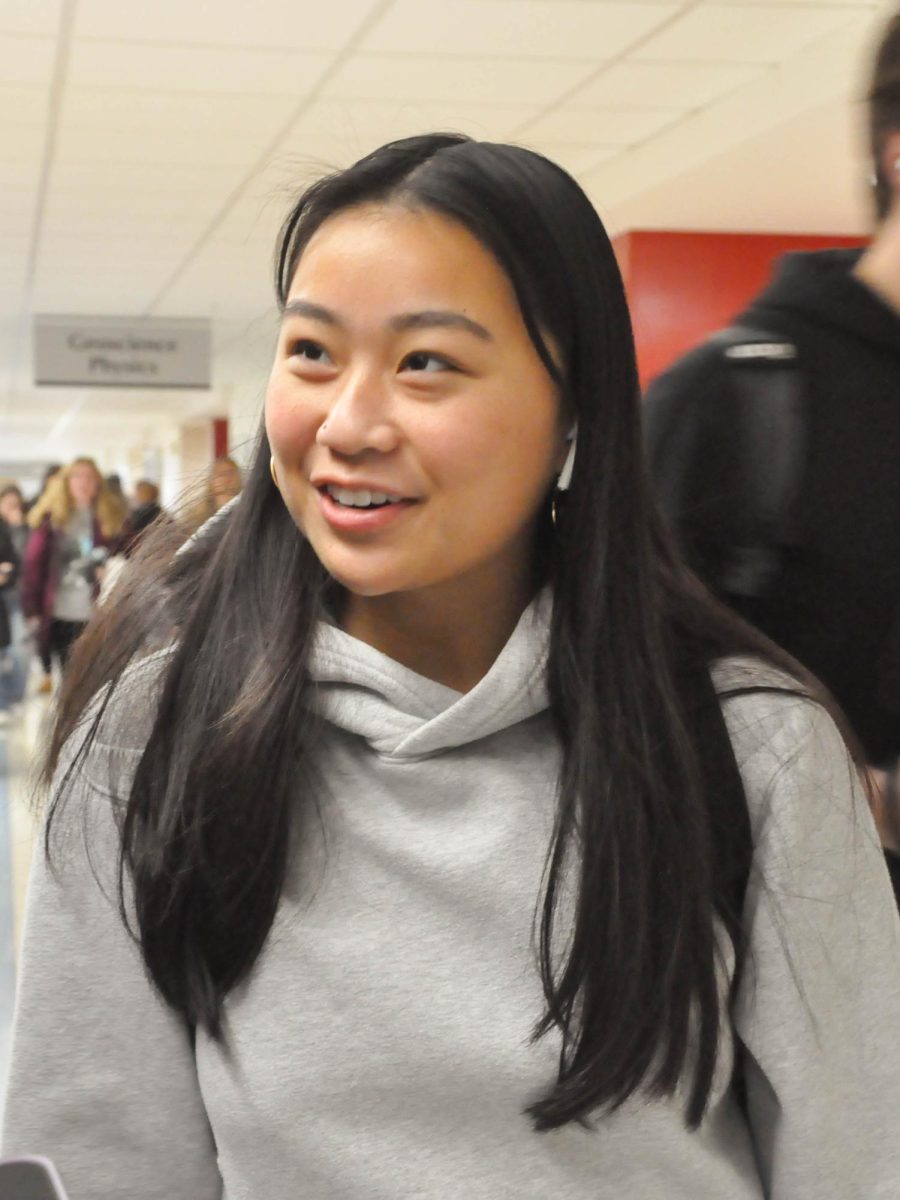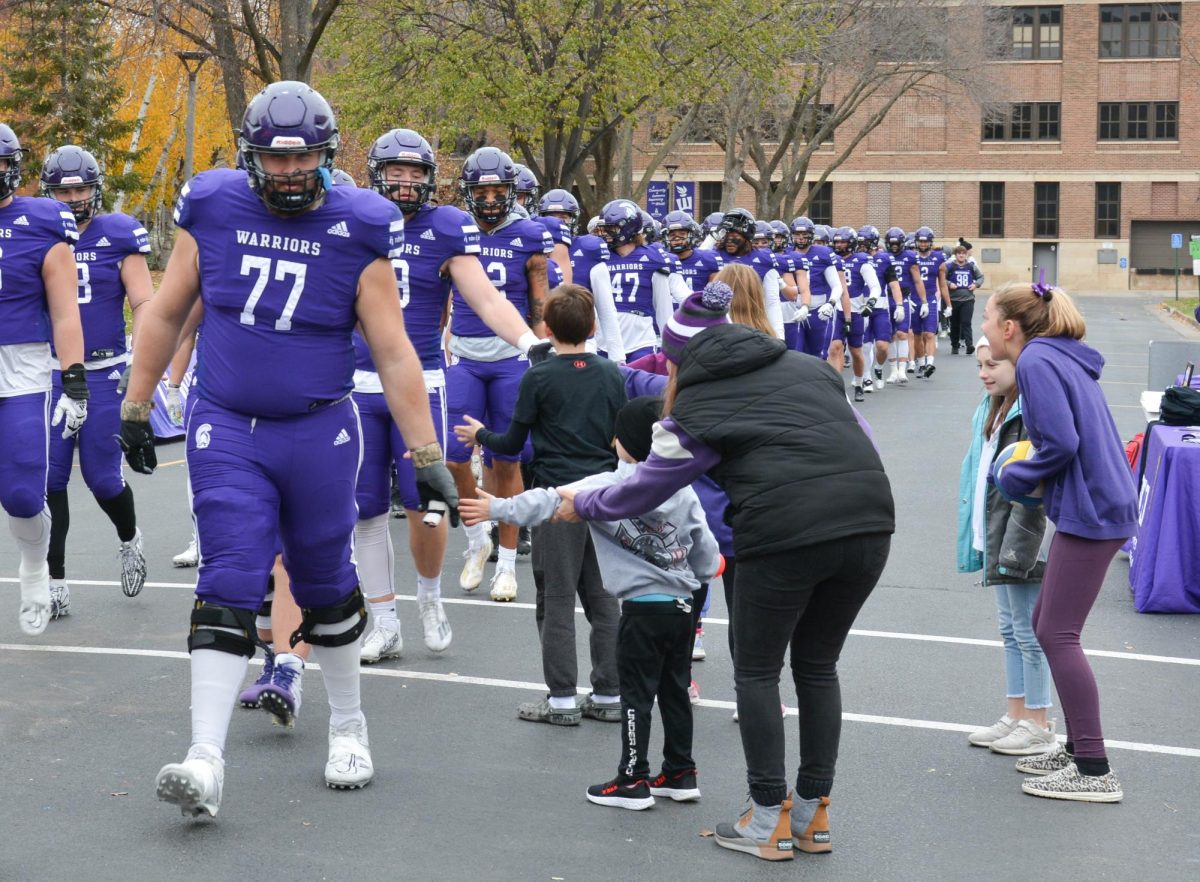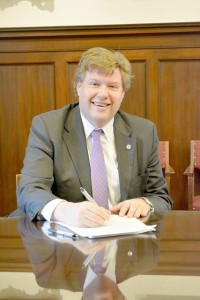
Dana Scott / Winonan
Scott Olson has been the president of Winona State University since April 2013. However, he did not always hope to one day be president of a university. President Olson shared his interesting path to becoming the 15th president of Winona State, from being a dishwasher and working at multiple universities in various positions, to being a published writer and working on an award-winning film; President Olson’s path to becoming the university president has not been a linear one.
Q: When you were younger, what did you want to be?
A: In high school I wanted to be a light house attendant. The summer after I finished my undergraduate degree, I worked for an animation company making commercials. I thought about moving to California to learn more about film making. However, during my graduate career I became more interested in the study of media instead of working in the media, and I soon realized I wanted to be a professor. The funny thing about life, is [you have] what you think you want to happen and then opportunities open up and it looks different. I never wanted to be president of a university; I wanted to be a professor and I had no intentions of doing anything but that.
Q: What drew you to Northwestern and what made you stay through your Ph.D.? What did you want to do with history and film degrees?
A: I had a friend who was a year older than me who went to Northwestern, and she came home for Thanksgiving break and told me I would love it, and she was right. I thought of going into the Peace Corps, but I realized I wanted to teach history and film. Thank heavens I did stay at Northwestern, I can’t imagine how my life would have been if I hadn’t stayed.
Q: As a professor at Central Connecticut State University, what was your favorite thing to teach? Is there anything you miss about being a professor?
A: I miss everything about it. I miss working with the students, and the only thing I don’t miss is the grading. I hope to someday return to the classroom— that would be ideal. My favorite thing to teach was special topic courses, which focused on my own research at the time. Professors got to create these courses so they were very unique and normally only taught once. I would teach about whatever I was thinking or writing about at the time.
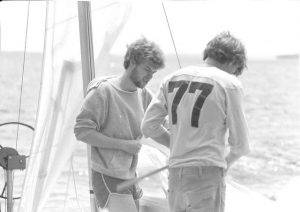
Q: Having two published books, what do you enjoy about writing? What is the writing process like for you?
A: I love writing, more than anything I think of myself as a writer. I would consider myself as an extroverted writer. I love the craft of it. I enjoy the opportunity to write and rewrite, nowadays everything can be edited and rewritten easily. When I was younger, writing meant it was a hand written draft, there was very little time to correct or rethink, and it just flowed out. I didn’t have the editing tools we have today. I enjoy giving myself little challenges in my writing. For example, I once gave a speech at a university without using a word with the letter “e.” Now, I don’t get to write as much as I’d like because so much of my day is of an extroverted nature. For example talking to people, problem solving, dealing with things that aren’t always in my control.
Q: How does it feel to have worked on a film that won an Emmy? What was that process like?
A: There was a period of time I worked with Bajus-Jones corporation, which made animated television commercials, however I did not like that as much as I liked academics. It feels undeserving. When you watch the Oscars, a lot of folks who go up on stage are the producers. They are the people who got the money and make sure people are doing their jobs. The people who do the work are the creative people. I worked with a very talented director and writer who could tell a great story. If I was deserving in any way, it was because I picked that right people to work on it.
Q: You’ve had a lot of experiences at other universities; what has that taught you and what have you brought to Winona State with you?
A: What I try to do at every university I work at is try to help them uncover their truest self, what was already there, instead of bringing something from the outside. Bring what is already within from the outside. Bring what is already within. The things I’m working on at Winona State are not like any of the other places I’ve worked. The only thing they have in common is that you can learn to help a place by knowing what is truest about its self.
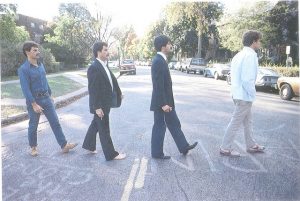
Q: What do you find yourself spending your time on?
A: What it is all about is having the students have the best learning experience they can, that has been here before me and it will be here after me. There are four main things I find myself spending my time on right now. The first being the Education Village, which is a $30 million project with the vision to prepare the best teachers in the world. A lot of people are hopeful and excited and there is support from local representatives. Another thing I spend my time on is one of the great things about Winona, which is its great culture for the arts with museums, the great river Shakespeare festival [and] the frozen film festival. Winona State is a huge part in that with wonderful art programs, theatre and music. Art that students make and students’ writings contribute to the Winona culture. The third thing we spend a lot of time on is thinking of new and different ways for students to engage in wellness and giving students the opportunity to make use of the beautiful environment. Compared to other campuses an asset we have is our beautiful surroundings and the Mississippi River, and with that we have the Cal Fremling floating classroom. Finally, the history of Winona, which is a history of entrepreneurs who had ideas for something. There are a lot of companies and businesses in Winona. At any given year Winona State students may have great ideas for businesses, and given some encouragement and opportunities they could make their own company. Any given day is working with students to make things better.
Q: Have you noticed any changes in the university since you’ve become president?
A: I wouldn’t be the best one to judge that, but the physical look of the campus has changed and is changing, the commons area looks different, the education village, the new student senate office and more. I think Winona State has such a rich culture and that culture will be there before and after me; it hasn’t changed.
Q: What is your favorite aspect about being president of the university?
A: It’s being president of Winona State. I love Winona, the magic of this place, it’s a very special place and university and being able to be a small part of that, to be here and to be part of it.
Q: What is the most challenging aspect of being president of the university?
A: There are a lot of things I would like to do that I know would be right for Winona State, but there are always difficulties or something that doesn’t work and it’s frustrating when you think of an idea and it doesn’t launch. For example, the idea of building a new baseball field in a new location, but the community didn’t share my vision.
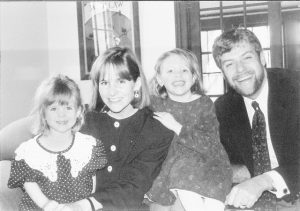
Q: What are your hopes and aspirations for Winona State and its students?
A: My hope for all students is of course, that everyone of them is empowered and remember their own hopes and dreams, and that they can be empowered and can achieve their hopes and dreams and believe they can achieve them.
Q: Is there anything you would like to add?
A: Students might have this idea that people like me are on this path, but I was a dishwasher for three years, I was a bus-boy for two years, I worked at a desk dealing with medical files, and I worked on an oil ridge in New Mexico. Jobs like those are why higher education is important. Students have this idea that we are always on this path. I’ve been at the bottom, I’ve been a lot of things. And that would be true of most of us.








































